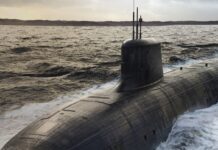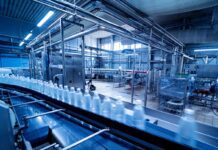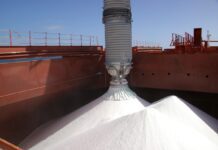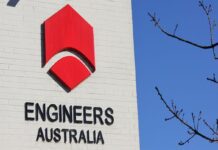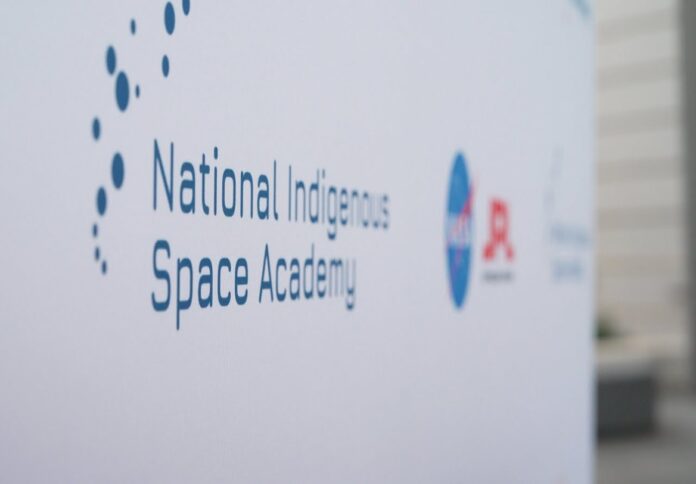
The Australian Government has granted nearly half a million dollars to the Monash University National Indigenous Space Academy (NISA), enabling a new generation of Aboriginal and Torres Strait Islander STEM students to reach for the stars through internships at NASA’s Jet Propulsion Laboratory (JPL).
Led by Monash University’s Faculty of Information Technology and Faculty of Engineering, NISA will use the funding to send five Indigenous students annually to NASA JPL in Pasadena, California, for 10-week internships through 2027.
The opportunity is open to undergraduate and postgraduate students across Australia who identify as Aboriginal and/or Torres Strait Islander and are pursuing degrees in science, technology, engineering, or mathematics (STEM).
Selected students will participate in a “Space Boot Camp” at Monash University’s Clayton campus before heading to the United States.
Under the guidance of former NASA/JPL leader Lieutenant Larry James, participants will explore topics such as aerodynamics, robotics, astrophysics, and planetary science, preparing them for their NASA placements.
NISA Program Lead Professor Christopher Lawrence, a proud Whadjak/Ballardong Noongar man and Associate Dean (Indigenous) at the Faculty of IT, described the funding as transformative.
“This new uplift for NISA will fuel the dreams of a new generation of Aboriginal and Torres Strait Islander STEM students and help them join the program’s early pioneers at the forefront of space research and exploration,” Professor Lawrence said.
Australian Space Agency Head Enrico Palermo highlighted the significance of NISA in fostering diverse talent in Australia’s burgeoning space sector.
“I’ve seen first-hand the transformative effect NISA has on the lives of its interns. It gives First Nations’ STEM talent the opportunity to learn from some of the world’s best and to bring that knowledge back to the Australian space and technology sectors,” Palermo said.
Since its inception, NISA has enabled 14 Indigenous students to intern at NASA/JPL, working alongside leading scientists, researchers, and engineers.
Carl Goodwin, a proud Gamilaroi man and Master of Artificial Intelligence student at Monash University, recently returned from his internship where he contributed to Earth Sciences research by developing predictive models for harmful algal blooms.
“These models are crucial for preserving the health of large water systems. In the future, I plan to utilise these skills to help protect Australia’s coasts and reefs,” Goodwin said.
Encouraging others to apply, he acknowledged initial doubts about the experience but praised the support he received at NASA.
“Not only was it an amazing experience that helped me develop my skills, but further opportunities are presenting themselves that I otherwise wouldn’t have been exposed to,” he said.
Monash graduate and proud Ngarrindjeri man Linden Beaumont, a NISA 2023 participant, worked on coding for an atmospheric analysis system for the International Space Station during his internship. His work opened doors to a global career in artificial intelligence.
Looking ahead, NISA plans to expand its partnerships to include the United Kingdom and Europe, ensuring more students can benefit from international space research collaborations.
Applications for the 2025 internship are now open. For details, visit Monash University NISA.



